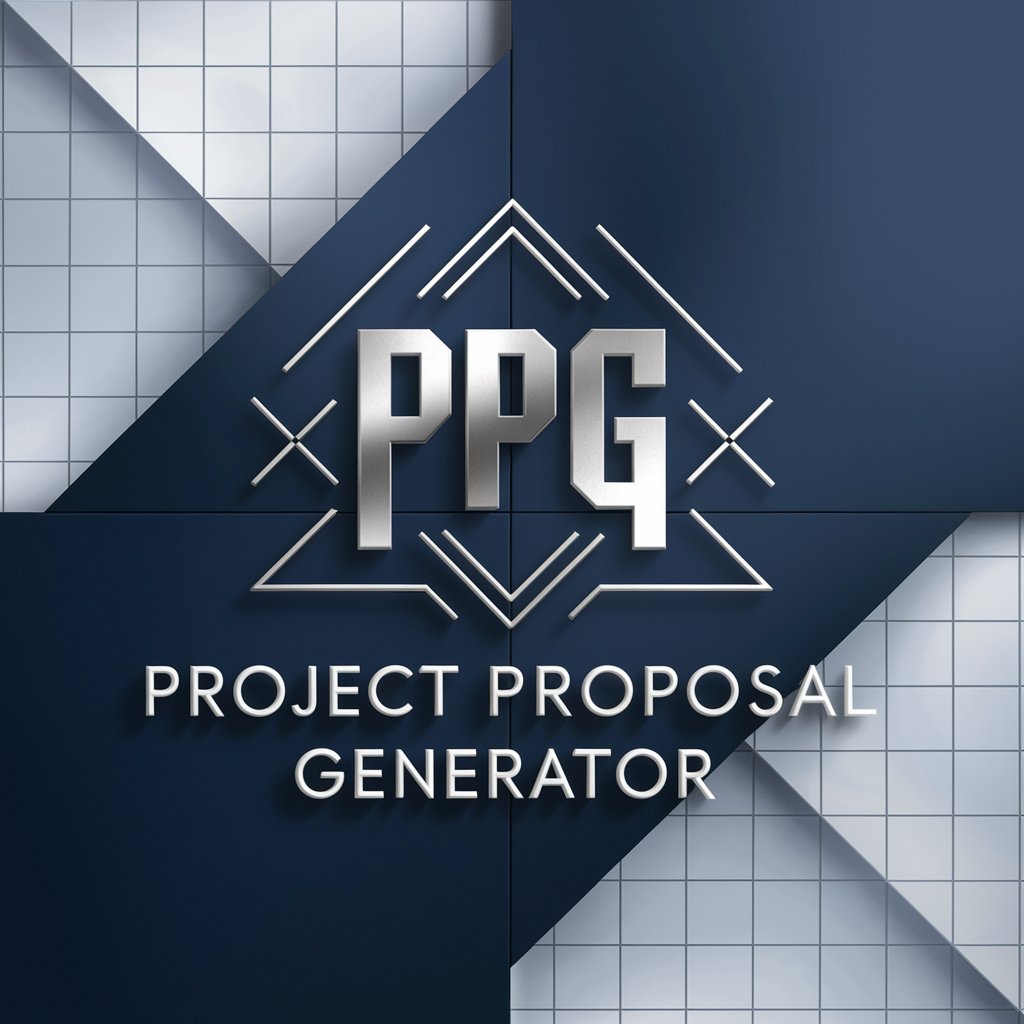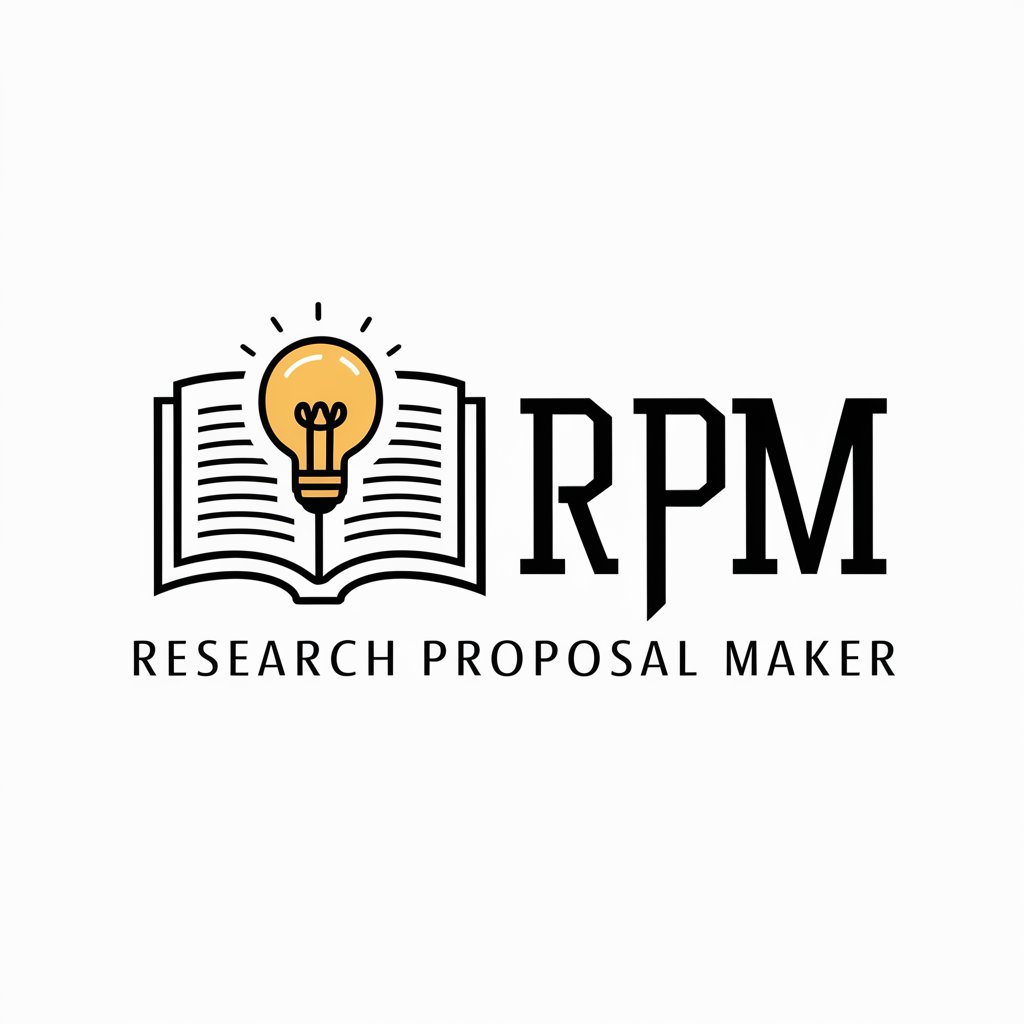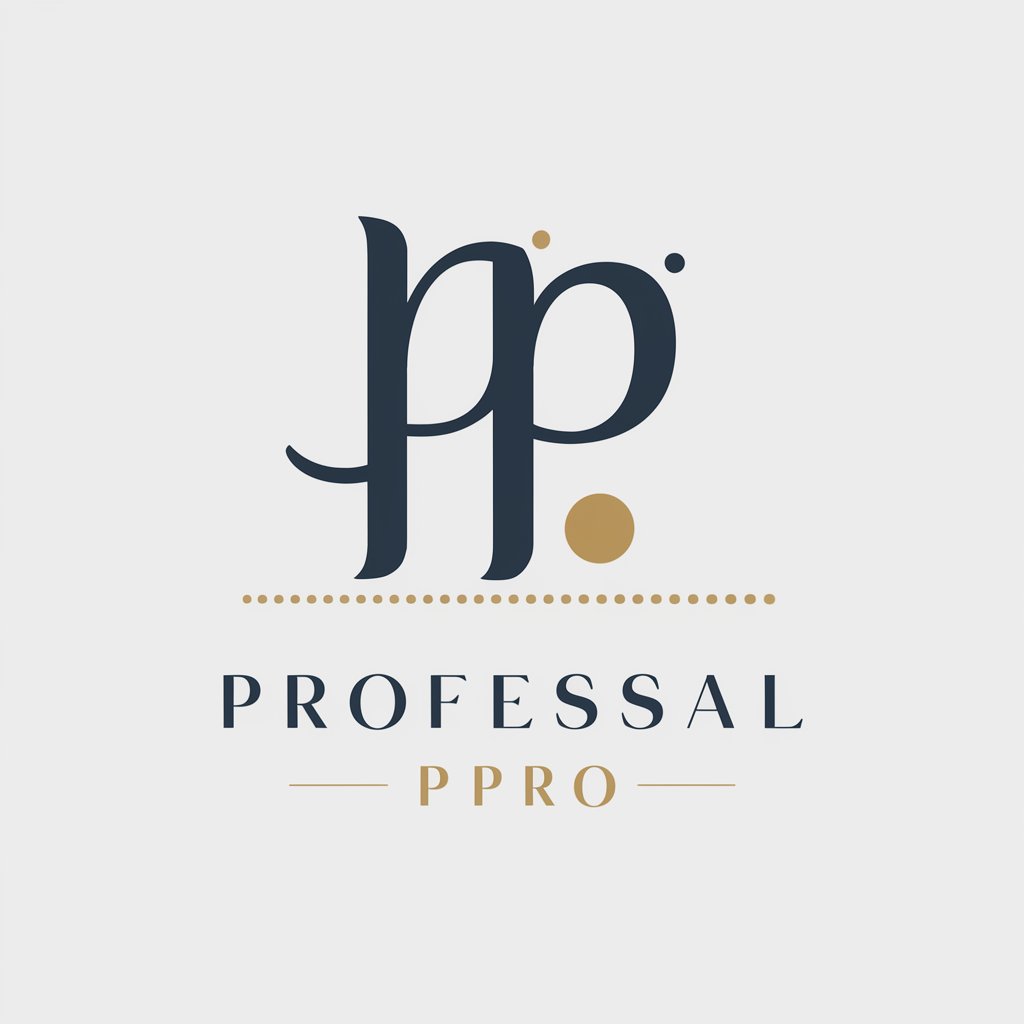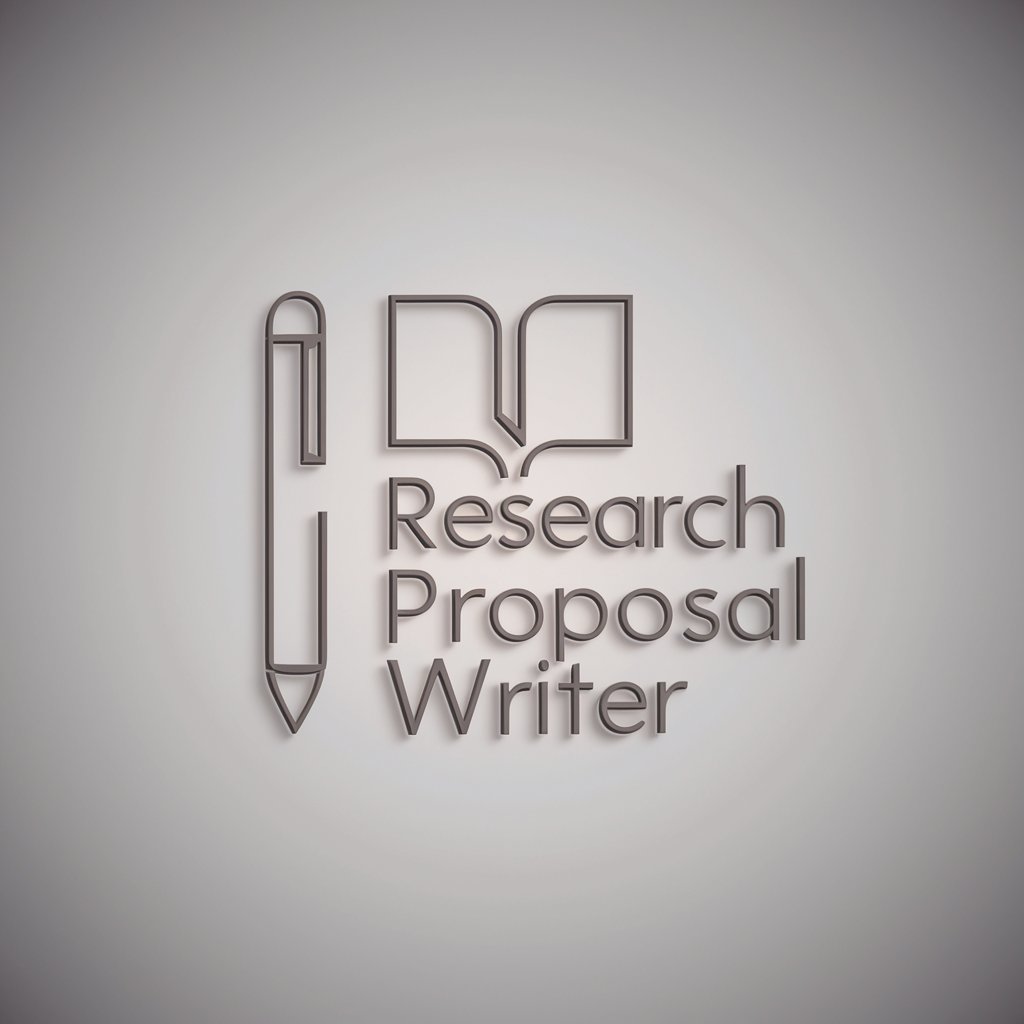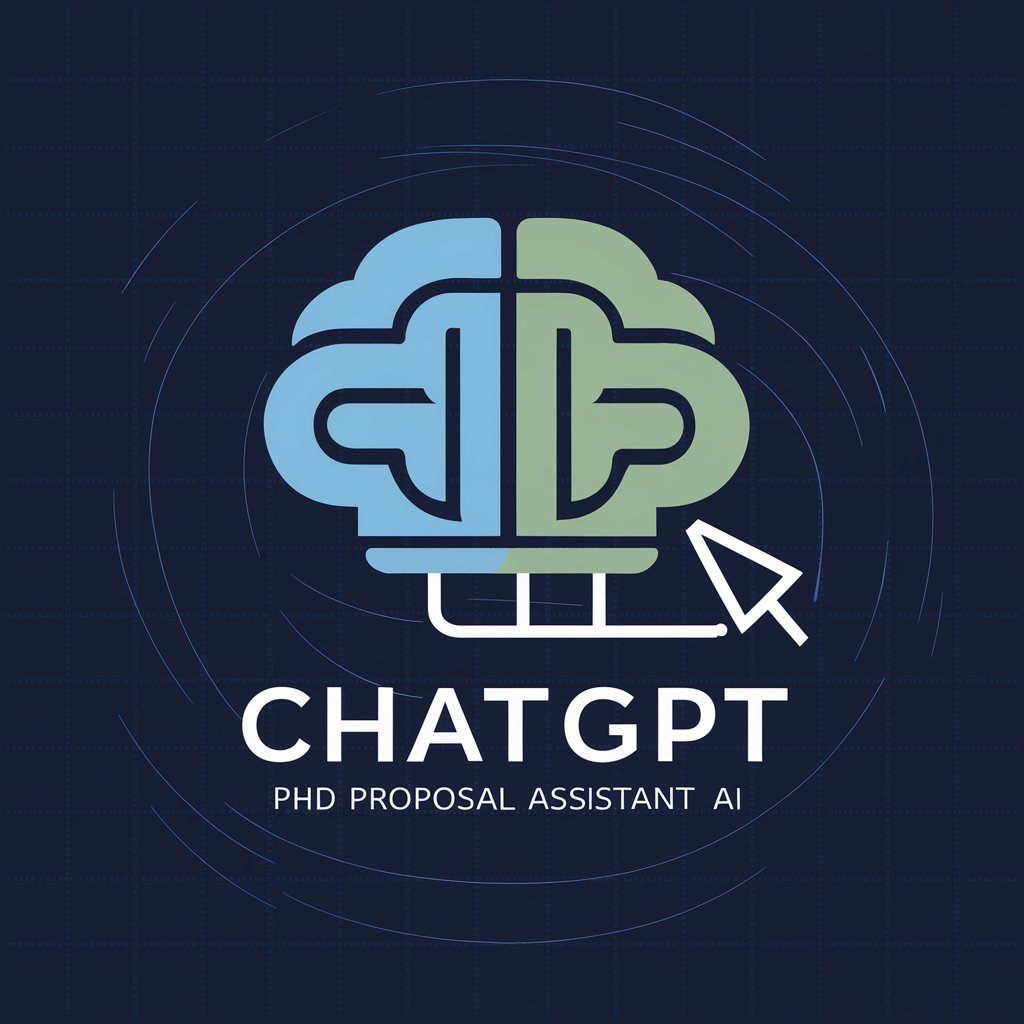
Research Proposal - Research Proposal Crafting
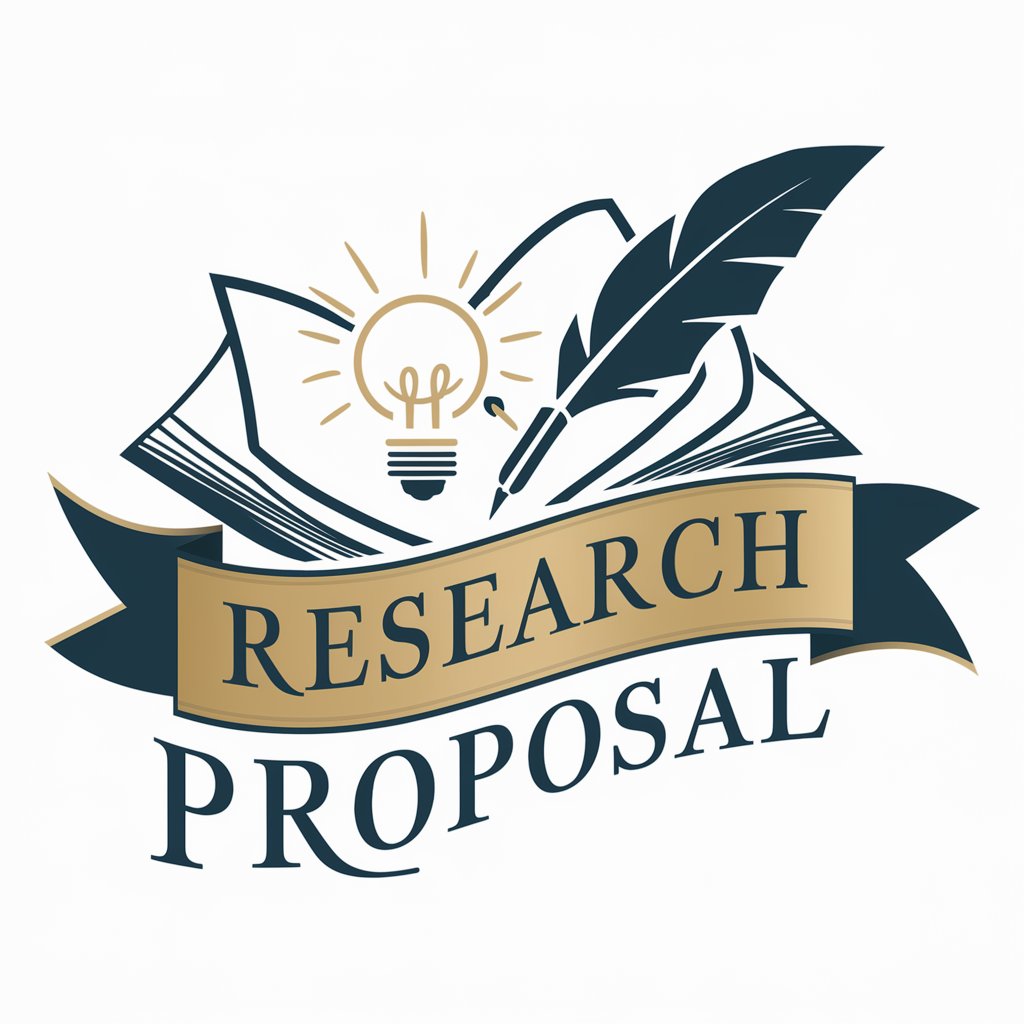
Welcome to your research journey with Research Proposal.
Craft Winning Proposals with AI
Explore the potential impact of...
Analyze the current trends in...
Investigate the relationship between...
Assess the effectiveness of...
Get Embed Code
Introduction to Research Proposal GPT
The Research Proposal GPT is designed to assist users in creating detailed and compelling research proposals. Its primary function is to guide users through the process of conceptualizing research ideas, framing research questions, selecting appropriate methodologies, and conducting a preliminary literature review. The GPT is tailored to provide support at various stages of the research proposal development process, from initial idea generation to the final drafting of a proposal document. For example, a user interested in studying the impacts of climate change on urban infrastructure might use the GPT to refine their research questions, identify relevant literature, and outline a methodological approach for their study. The design purpose of this GPT is to make the complex and often daunting task of proposal writing more accessible and manageable, thereby enabling researchers, students, and professionals to craft proposals that clearly communicate the significance, objectives, and methodology of their proposed research. Powered by ChatGPT-4o。

Main Functions of Research Proposal GPT
Idea Generation and Refinement
Example
Assisting a graduate student in narrowing down a broad interest in renewable energy to a specific research question about the efficiency of solar panels in varying climates.
Scenario
A graduate student is unsure how to focus their broad interest in renewable energy. The GPT helps them narrow their focus to a study on how climate variability affects solar panel efficiency, suggesting relevant factors to consider.
Literature Review Support
Example
Guiding a researcher through the process of identifying key studies on the psychological effects of remote work, summarizing findings, and highlighting gaps in the literature.
Scenario
A researcher wants to explore the psychological impacts of remote work but is overwhelmed by the vast amount of literature. The GPT suggests seminal works, helps summarize current findings, and identifies research gaps, thereby shaping the research's direction.
Methodology Design
Example
Helping a team design a mixed-methods study to evaluate the effectiveness of a new educational technology in classrooms, including both quantitative surveys and qualitative interviews.
Scenario
An educational research team is developing a proposal to assess a new tech tool's impact on learning. The GPT advises on creating a mixed-methods approach, incorporating surveys for quantitative data and interviews for qualitative insights, ensuring comprehensive analysis.
Ideal Users of Research Proposal Services
Academic Researchers
Individuals or teams in academic settings, including universities and research institutions, who are preparing proposals for thesis projects, grant applications, or scholarly publications. They benefit from guidance on structuring their research, conducting literature reviews, and defining methodologies.
Graduate and Postgraduate Students
Students working on their thesis, dissertation, or any research project as part of their graduate or postgraduate studies. These users gain from support in refining research questions, selecting relevant literature, and designing appropriate research methods.
Professional Consultants
Consultants who conduct research for clients in various industries can utilize the GPT to streamline the proposal creation process, ensuring their research designs are robust, relevant, and based on a solid review of existing literature.

How to Use Research Proposal
Start for Free
Visit yeschat.ai for a complimentary trial, accessible without any requirement for login or the need for a ChatGPT Plus subscription.
Select Research Topic
Identify and specify your research topic. A clear, well-defined topic is crucial for a focused research proposal.
Define Research Questions
Determine the specific research questions you aim to address. These questions should guide the direction of your proposal.
Choose Methodology
Decide on the research methods you will use to gather data, including qualitative, quantitative, or mixed methods.
Submit and Refine
Submit your proposal requirements. Based on initial feedback, refine your proposal to enhance its clarity and focus.
Try other advanced and practical GPTs
Circadian Rhythm Consultant
Optimize Your Sleep with AI
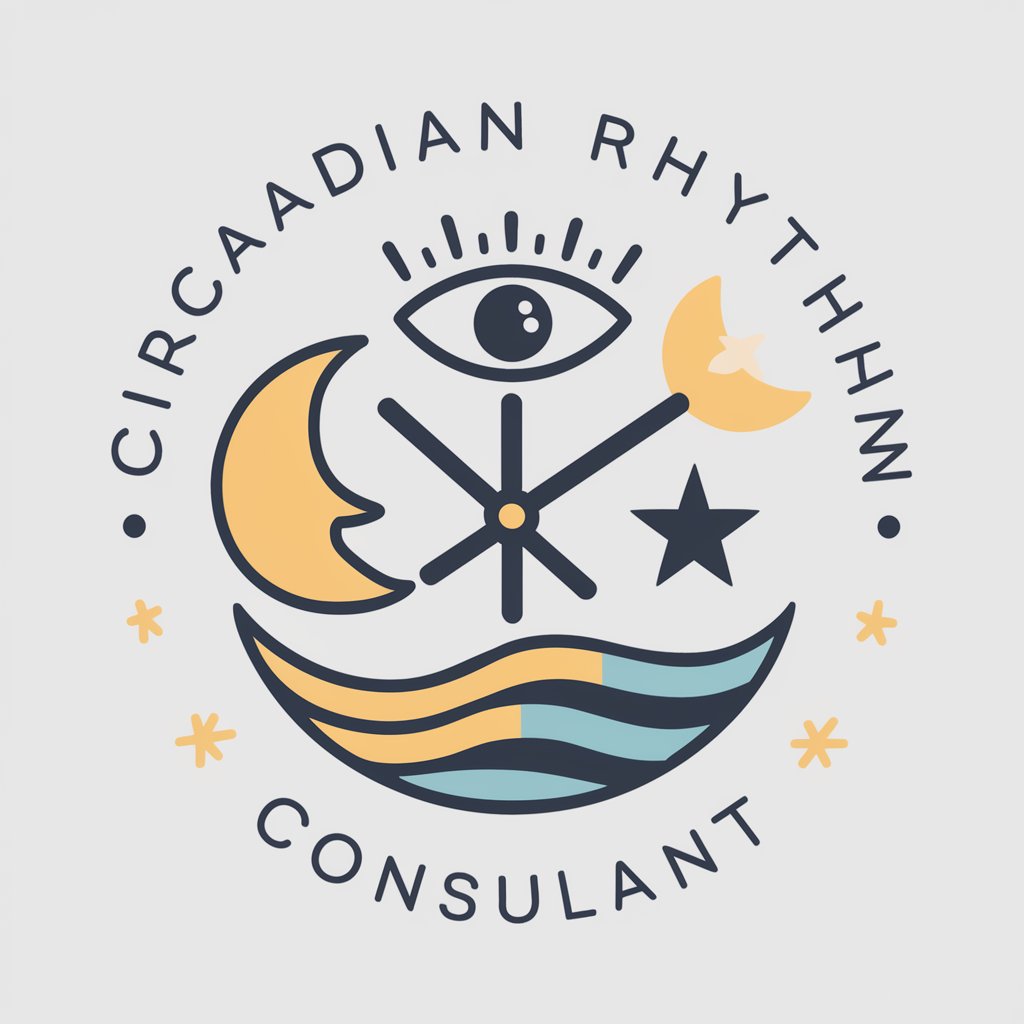
Agenta AI
Enhance Meetings, Empower Communication
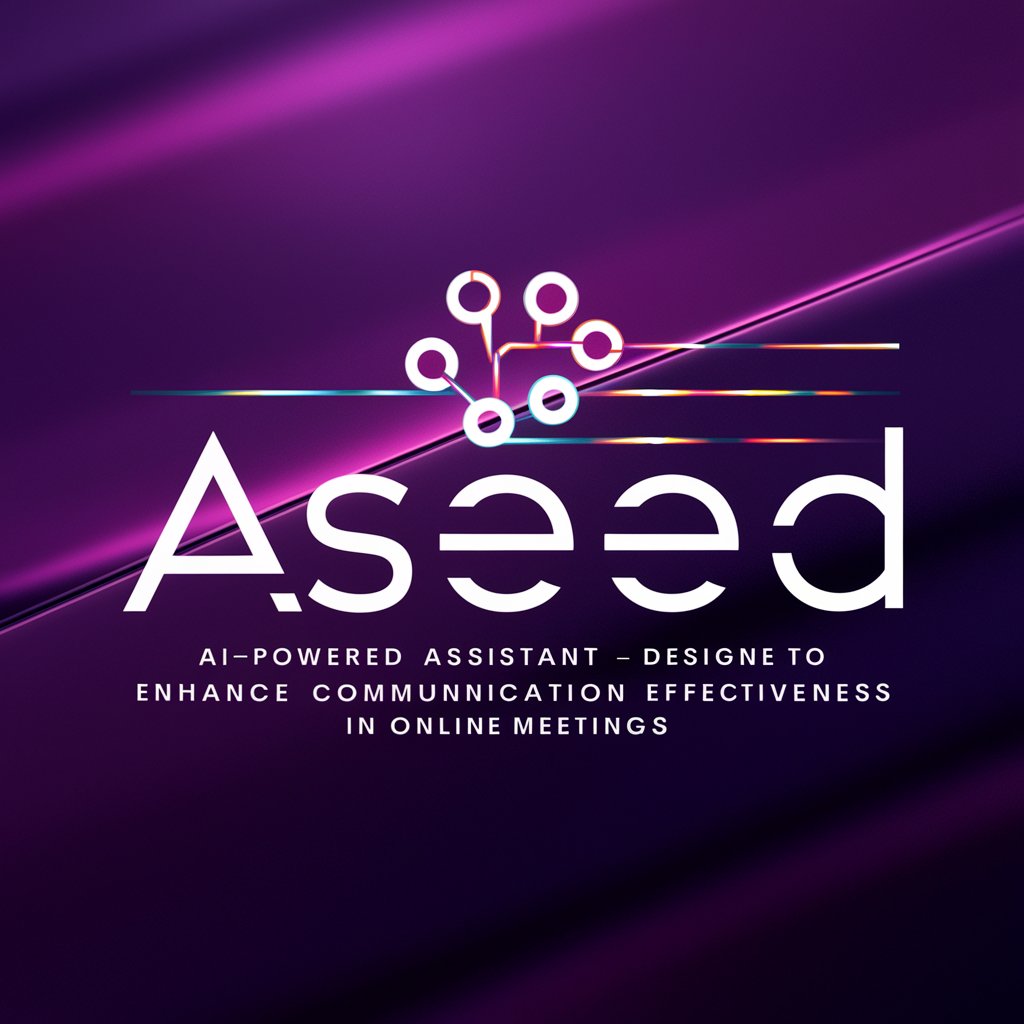
Startup Smasher
Unleashing AI-powered Brutal Honesty for Startups
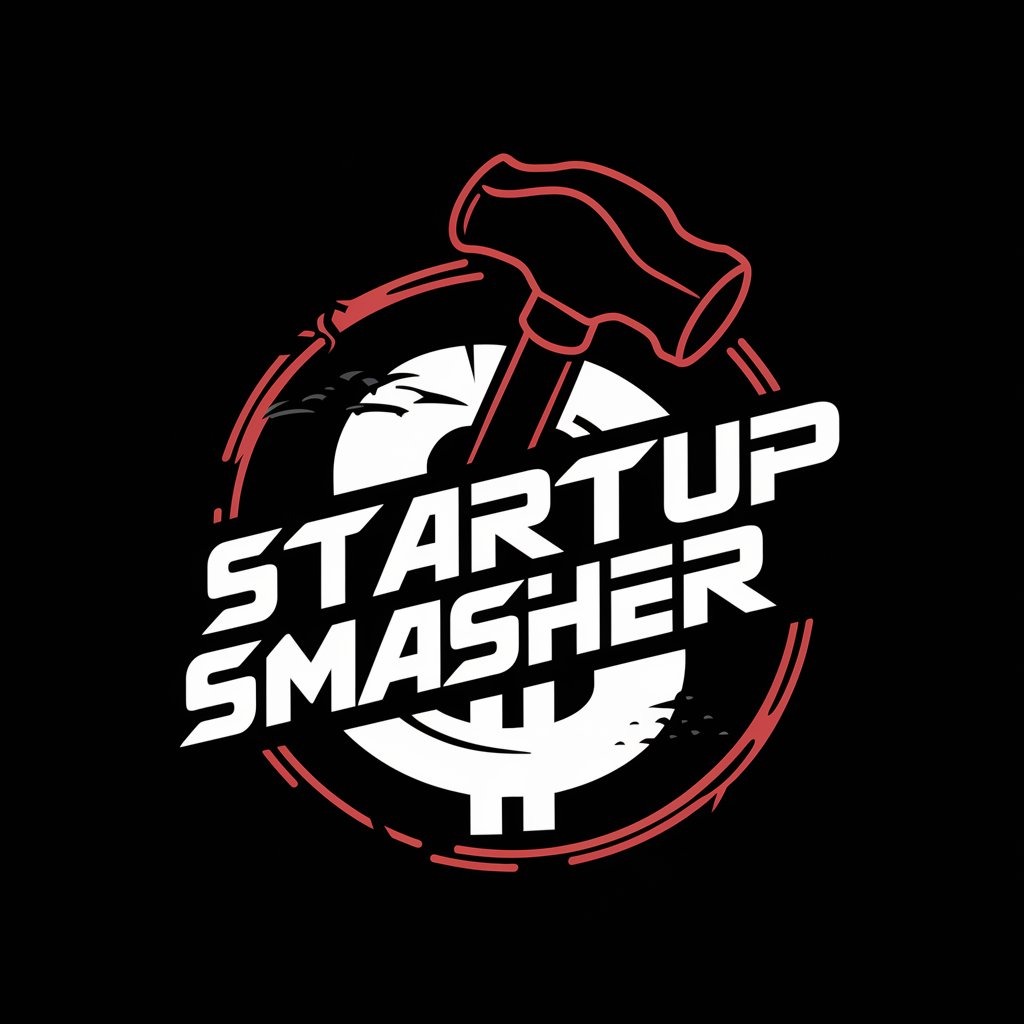
MBTI Guide
Discover Yourself with AI-Powered MBTI

Buscador Inmobiliario
Empowering your global property search with AI.

Master Cat Whisperer
Deciphering Feline Mysteries with AI
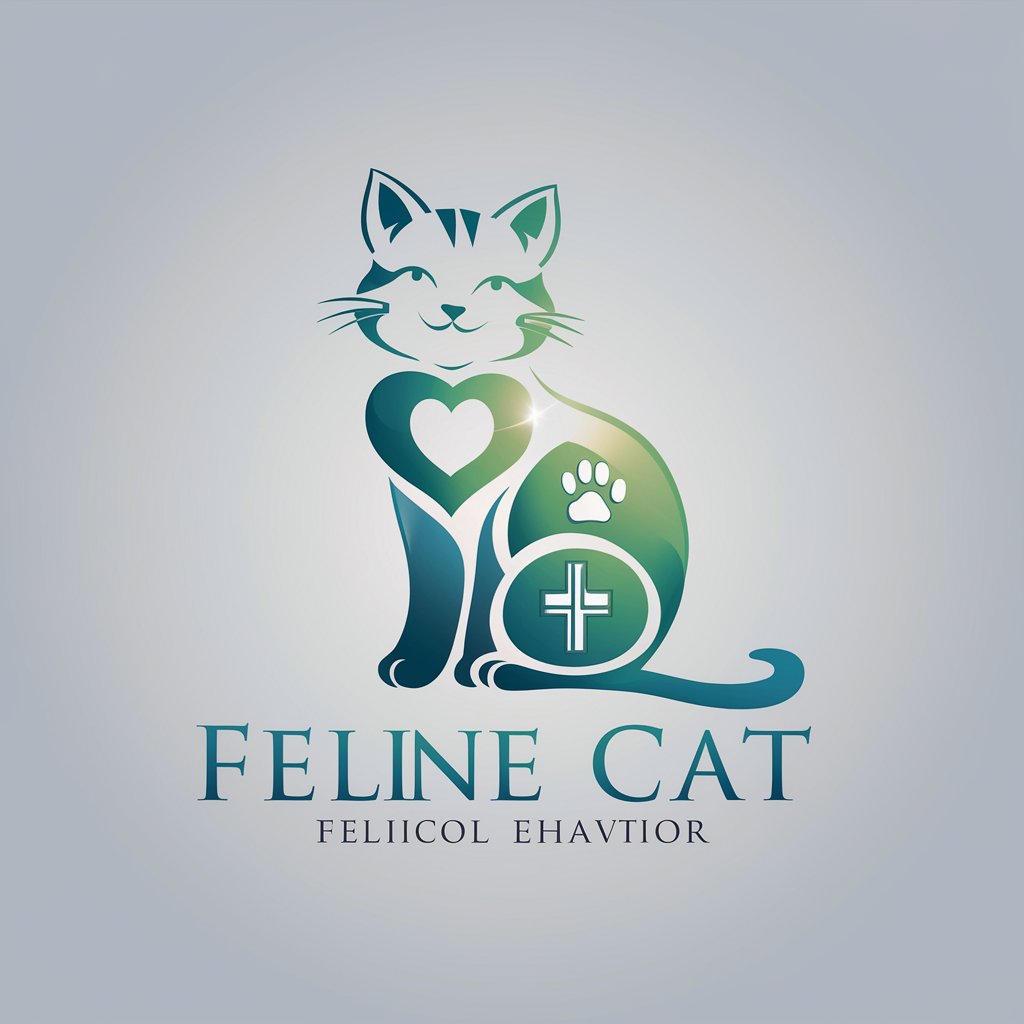
高情商大师
Empowering communication with AI

OpenAPI Wizard
Streamlining API development with AI
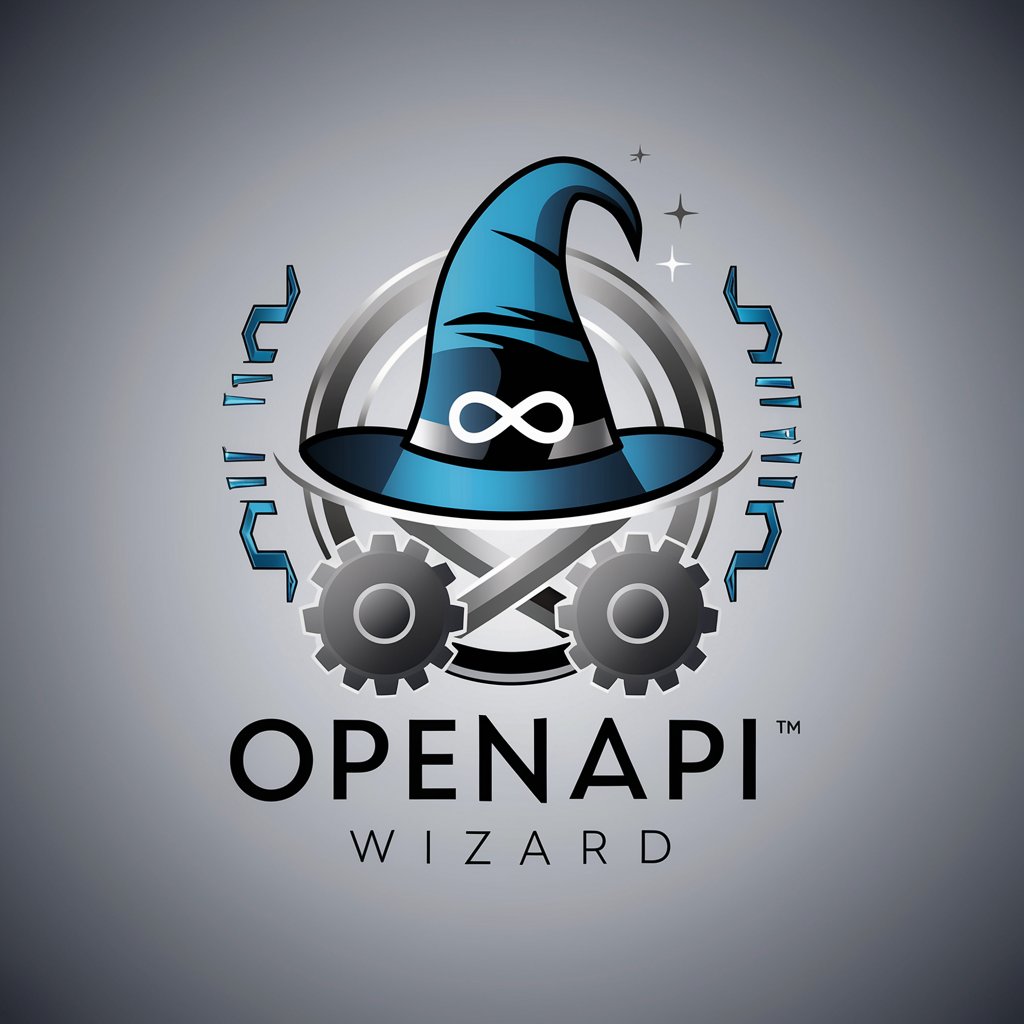
Inspirator Illustrator
Visualize motivation with AI-powered art.

Arturo Estévez Varela
Empowering Engine Innovations with AI

Custom Instructions Plus
Empowering Projects with AI Precision
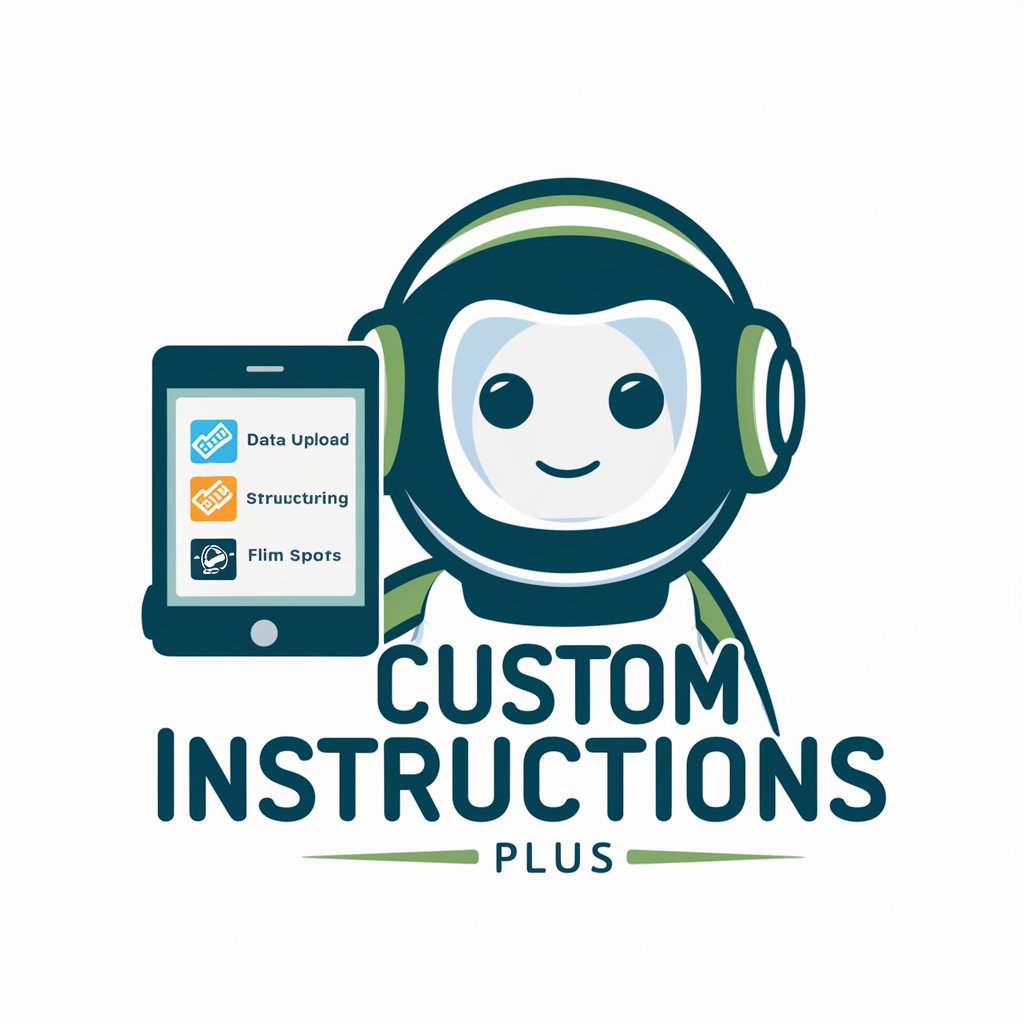
ASG Career Navigator
Empowering Your Career Journey with AI
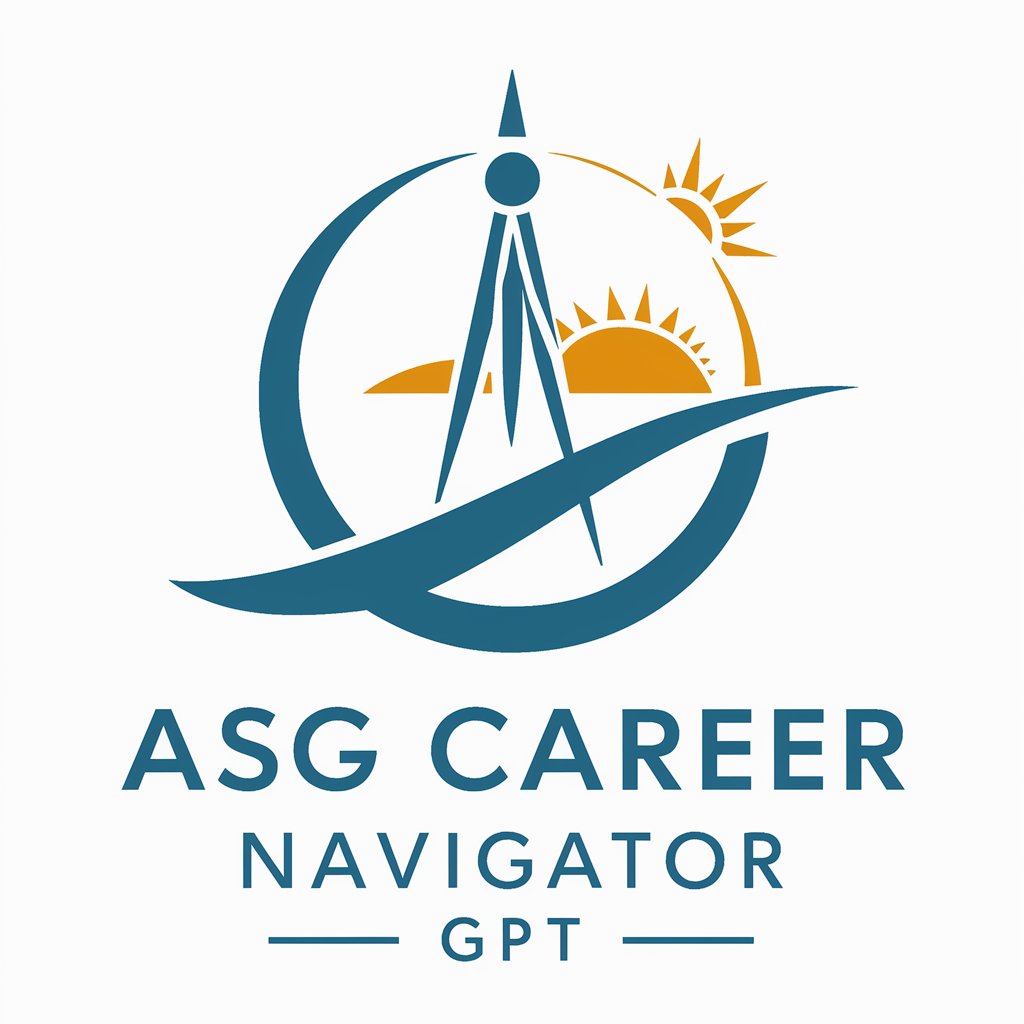
Research Proposal Q&A
What types of research topics can I create proposals for?
You can create proposals for a wide range of research topics, from social sciences and humanities to natural and applied sciences. The tool is designed to adapt to various academic and professional research needs.
Can Research Proposal help me with literature review?
Yes, it can assist in identifying relevant literature, summarizing existing research, and highlighting gaps that your study aims to fill. This process underpins the importance and relevance of your proposed research.
How detailed should my research methodology be?
Your methodology should be detailed enough to provide a clear understanding of how you will conduct your research, including data collection methods, analysis techniques, and any tools or software you plan to use.
Can I receive feedback on my proposal draft?
While the tool itself is designed to guide you in refining your proposal, it’s recommended to seek feedback from peers or mentors familiar with your research field for more personalized advice.
How does Research Proposal ensure the originality of my work?
The tool provides guidance based on general best practices and helps structure your proposal. However, the originality of content and ideas depends on your input, ensuring that your proposal remains unique to your research.
